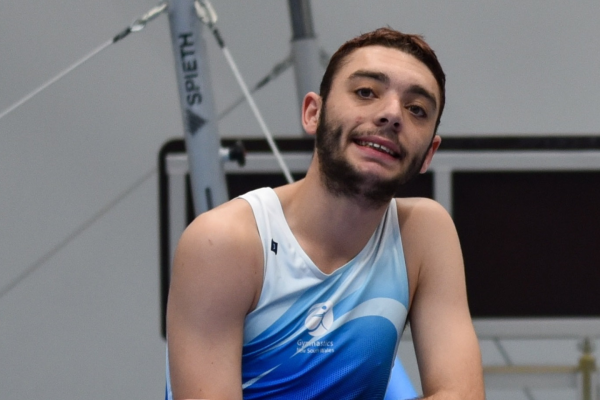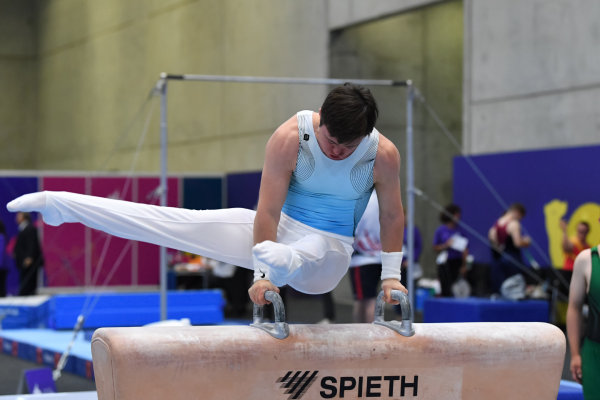
The practitioner and parent dilemma: when do you step in?
By Natalie Roberts-Mazzeo, Writer, speaker and founder of Miracle Mama
From a professional perspective, how would you explain the journey of raising a child with additional needs to a newly diagnosed parent?
How much information would you provide in that initial meeting?
It’s a lot for any parent to comprehend when they receive their child’s diagnosis.
When my daughter was diagnosed I recall the doctor trying to explain to me how it would impact her life. She tried to explain that my daughter would require a lot of treatments and therapies, and that we would be attending many appointments. I had no idea what she meant at the time to be honest as my mind was fixed on the news that my daughter would never walk or talk.
Now, five years on I absolutely understand what the doctor meant by needing to attend a lot of therapies and appointments!
It’s hard enough grasping a diagnosis, but even harder when you have no idea what lies ahead.
Therapies are a monumental part of the journey; they are like a portal to possibilities and potential. Some families will fly across the world to access a life-changing therapy, others will drive hours to get there, and some families even move to different parts of the country to be closer to them.
It’s not uncommon for families to see their child’s various therapists more than they see their extended family and friends.
That’s the reality families face; they literally turn their entire world upside down to help their child in need. And in many cases, that ‘need’ will always be there.
Which brings me to the parent and practitioner dynamic. I have sat in hundreds of therapy sessions with my daughter; local, interstate and international. The effort and energy it has taken just to get my daughter through those front doors at times has been intense (now that’s for another blog post!). I have handed my daughter over into the arms of therapists of all kinds; some have had an instant awareness and understanding of my daughter’s complex needs, whereas others have not.
At times, I have found myself in that awkward space of knowing whether to speak up, or whether to allow the practitioner the time and space to find their way after the initial consult.
I understand this dynamic works both ways; perhaps it’s the over-protective parent, or maybe the need to push the child a little more in order to access more of their hidden potential. Yet no one knows your child like you do and it’s an important reminder for when you find yourself in that place of ‘how long should my child cry through this session?’.
Recently, I had an experience where my daughter was clearly quite distressed at an appointment. I tried to explain briefly about my daughter’s severe hypertonia so that the practitioner could work in a way that was mindful of this. Yet instead they continued to work despite a very uncontrollably upset little girl.
I had two options – to sit back and let it continue, or intervene. I chose the latter option. My child does not have a voice, she doesn’t have the freedom to speak and say ‘that hurts’, ‘I feel dizzy’, ‘I feel scared’, ‘what is happening?’ and so on. It’s an important reminder to trust your intuition as a parent.
With that said, despite the odd appointment that doesn’t flow, we really have been blessed with an incredible team of therapists who have helped to unlock so much of our daughter’s potential.
It’s so comforting knowing there are others who genuinely want the best for your child, it really does take a village to raise a special needs child. Some days in therapies when I see her struggle, I think to myself ‘how on earth is she ever going to gain any independent freedom’?
Then, in other sessions I literally witness a miracle in action. I see her sitting by herself, effortlessly in an upright position. I see her brain and body working harmoniously.
I see through all the labels and all the limitations. It can be that much of a difference when it comes to therapies, and it’s in those miracle moments, that we keep going.







